Phone: 0413 513 807 | Email: [email protected]
|
I don’t know if you’ve seen Anatomy of a Fall, but the dog Snoop (whose real name is Messi) who was a prominent character in this film, won the Palm dog, a prize for the Palm d’Or festival’s top dog.
I honestly believe he was one of the most uniquely effective portrayals of grief, confusion and uncertainty in any film, and the fact that he is a canine makes this even more impressive. Now, dogs are universally adored and understandably so. Hence, I wasn’t surprised when I saw that the 2023 action/thriller/crime film Muzzle was in the top 10 on Netflix; actually it’s the mostly watched movie on there as I write this review (in May actually). I recently told someone I know that any movie that features a dog as a main character, will pretty much make me cry without fail (most of the time anyway). Muzzle follows Jake Rosser, played by the talented and tough Aaron Eckhart. He’s a war veteran who has PTSD and whose beloved canine companion Ace is killed at the start of the movie. They shared a genuine bond of safety, trust, understanding and mutual courage, which is very difficult to replicate. Jake sees a therapist, as he struggles with anger, loneliness and addiction. In my first Social Work placement, I worked in Corrective Services, in prisons, and was involved in anger management groups with male parolees. Watching this movie and its pertinent themes of PTSD, anxiety and the stoicism of male mental health, reminded of that time. Similar to Channing Tatum’s ‘Dog’, we follow Jake’s reconnection with another canine Socks, who has her own trauma and hellish, inhuman experiences. We explore the instinct and intuition that dogs inherently possess, and their indelible bond with the humans they partner with in the force. We witness the energy, power, and focus that it takes for both canine and cop to navigate, share and follow through with, while on the job. The essential nature of understanding how one’s tone of voice, body language, motivation and intent, and overall relationship with a dog is to how effective jobs are completed in this line of work. Many of the clients I’ve worked with, and current clients are young men and adult men who struggle with anger and histories of aggression. Many of my clients have pets, in particular dogs. I see firsthand how fierce the love and protection are between human and dog, and how bottled-up emotions can help be released by the presence and companionship of another being, who doesn’t speak the same language, but understands the human heart and need for unity nonetheless. We watch as Jake speaks to the dogs as if they are capable of humanly responding and communicating in this way. We also watch as Jake connects with his intrigued neighbour Mia, and how she is a calming influence on him; which catalyses their initial attraction, ongoing desire, and romance which grows. Her mutual concern for Socks also develops throughout the movie, and we see the result at the end. As Jake’s therapist says, ‘’human connection is crucial.’’ This is absolutely true for every one of us. Even dogs can facilitate this human connection, which makes them ever worthy to be recipients of ‘life-changer’ top dog awards. 😊
0 Comments
Many people who have seen this show say that they’ll never forget it.
I guess I’m the same. Sally Rooney who wrote the book in 2018, both produced and co-wrote the episodes, making it as authentic to the book as possible. Set in Ireland, this show features the on and off again romance between two unlikely people, Marianne and Connell, who transition from high school to college. Each of them is popular in one setting, while the other flounders. Both are sensitive, insecure, intelligent loners; easy to be misunderstood and to misinterpret each other. I haven’t read the book but I’m curious about it, as much as Sally Rooney’s other book Conversations with Friends, which one of my long-term clients says is also a wonder to read. Plus, the series with Joe Alwyn looks great and worth watching. I absolutely loved Daisy Edgar-Jones in Where the Crawdads Sing (my very first blog review on my website!) and Paul Mescal in All Of Us Strangers (and other films I’ve seen in him this far). They are both phenomenal actors, showing the pain, conflict, and ecstasy of first love. This series reminds me of the 2011 movie Like Crazy, starring also both exquisite actors, Felicity Jones and the late Anton Yelchin. I remember watching it after a break-up I had at university from a long-distance relationship (mirroring the movie and its characters), and experiencing such tortured catharsis from the viewing. Normal People is similar to Like Crazy, because of the genuine intensity of the feelings the leads share with each other, but the misunderstandings between them also being too powerful. I've been in my own share of love triangles growing up, and this series makes the confusion and complication so truthfully messy and relatable. The themes of this series include: the perils and facades of popularity & reputation, teenage angst, trauma, class & privilege, trauma and secrecy. The cinematography and soundtrack in this series are also notable, and truly add to the many layers and complexities of the series content. Marianne is sharp-tongued, aloof and pretty intimidating; Connell matches her intelligence, but he shows it in different ways, and flourishes in his warm, open and sincere ways (he says ‘’I love you’’ many, many times while Marianne only says it once). Some commenters say that watching the series is almost like watching a relationship in real-time; truly being a bystander, eavesdropper, and fly-on-the-wall, especially with the intimate moments. One can’t really talk about this show without mentioning the multiple sex scenes, which are explicit and demonstrate Marianne and Connell’s life-altering, passionate and tender bond. The sex scenes are their own narrative. We witness both their deep insecurities, also within other romantic relationships. We witness their experiences of anxiety, depression, and there is a suicide in the show, which profoundly impacts Connell. There’s a famous scene with Connell and a therapist, and many believe that this is what won him the BAFTA award in 2021. It is reminiscent of the heartwrenching scene he did in Aftersun (you just have to see it…) I was speechless on both accounts. We observe the communication issues that make these two loving characters break apart and keep coming back together. How they finally choose to live authentically and not deny their bond. There were SO many frustrating and exasperating moments when I simply wanted them to be radically honest with each other and finally not miscommunicate. The series is a tender reminder of the masks we wear to fit in, what we do to sacrifice or hide our own desires, and how strong connections don’t truly leave us. The coming-of-age of both characters and their subsequent errors and contradictions are really captivating. Daisy as Marianne is truly mesmerising. The self-acceptance, courage and resilience that both characters develop together is contrasted with their disappointments, humiliations, and heartache. I don’t think two other actors would have done this better than Daisy and Paul. Their mutual courage in these roles and in this series show their maturity and emotional intelligence as actors and people. I find that what draws viewers to this show is its absolute raw, pure, unflinching, and piercing honesty about relationships. It is truly unerring, even at the end. I was in awe of this episode. Credits to Scott M. Gimple who wrote it, and who was the TWD showrunner from seasons 4 to 8. He’s also the chief content officer of the TWD franchise – a franchise that I’ve grown to absolutely love, and one that catalysed numerous spinoffs because of the sheer juggernaut that it is. This post-apocalyptic horror drama is one of the best character-driven shows I’ve seen, based on the comic books, and piercing the hearts of millions of people because of its unrelenting intensity, brilliant storytelling, and authentic character development for multiple characters. I chose this particular episode because of its nuanced take on the backstory of a fascinating TWD character, Morgan, who we meet from the very start of the series. I won’t go into the detail of the beginning, but this episode, as many agree, could be a standalone episode that captures the very depths of being human. We meet another character who is only seen in this episode, Eastman, played by great actor, John Carroll Lynch. Eastman is a forensic psychiatrist and Morgan is a man who lost his wife and son. They find that they have some very vital things in common. We witness the friendship of Morgan (played by Lennie James) and Eastman, and how Eastman basically changes Morgan’s life, through his philosophy of ‘All Life is Precious’. We also meet Tabitha the goat, who is memorable all on her own for her presence, vulnerability, and innocence. Eastman’s life philosophy is derived from the peace-driven Japanese martial art Aikido – which is also practised by the famous martial artist and actor Steven Seagal. Morihei Ueshiba’s book ‘The Art of Peace’ also features as a strong element of this episode, and a way of healing for both Eastman and Morgan. This episode, I’ve read, has been life-changing not only for Morgan as a character, but for viewers. While I don’t want to give much away; and perhaps be as vague as possible, to influence you to watch it if you haven’t already 😉, this episode and its specific story is deeply therapeutic and life-enriching. It reminds us of what truly matters, the significance of spirituality, the complex way of redemption, and it is all showcased through the humour, honesty and humanity of two men who meet, gain each other’s trust, and connect in a compassionate and fearless way. The music in this episode is absolutely beautiful, and the way the pace of this episode is vastly different to other episodes (though the actual placement of it due to what occurs in the previous one made many people mad) makes it a unique and surprising, but much needed viewing. This episode is full of human revelation, quiet insight, and the soothing calmness of nature. No wonder it’s a fan favourite. Cinematherapy questions:
We all just want to be seen. I dare to say that this movie is the most intimate and vulnerable film of the year so far. Having seen Priscilla and Iron Claw – both deep character and human studies into various forms of trauma, familial issues, and mental health; I find that AOUS seems like a very different phenomenon, though sharing similar themes. Paul Mescal and Andrew Scott’s on-screen compatibility is so clear in subsequent and promotional interviews, and maybe it’s got a lot to do with their obvious fondness, mutual admiration, respect and friendship. I believe that this chemistry is so palpable and genuine in the movie, because the two characters they portray are so similar in many ways. They are both lonely people. Their inner children have suffered and are still grieving. They’re both gay, feel misunderstood, have profound family issues, live in the same apartment, and seemingly want more from their everyday lives. Harry (Paul Mescal) is the more assertive of his desire for connection, and Adam (Andrew Scott) is hesitant and reticent, but only for a little while. I found Claire Foy’s portrayal of Adam’s Mum, and Jamie Bell’s portrayal of his Dad, also so deeply affecting. In time for the Mardi Gras celebrations in Sydney, the themes of self-acceptance and courage in Adam coming out to his parents are so powerful and emotional. The unconditional acceptance and compassion from Harry for Adam was just so beautiful to watch. It was intimately beautiful. Paul Mescal told Natalie Portman during their Actors-on-Actors Variety interview, that the character’s sex was ‘’healing’’, and I found this to be authentically true. There was a tenderness and sensuality, and a real affection between the two main characters during the physically intimate scenes. A lot of it also seemed and felt emotionally intimate, and this was present and irrevocable from the moment they meet each other face to face. I don’t want to get into specific scenes to spoil the film’s viewing, but the two coinciding stories run parallel in a spectacular yet soft way. This is obvious in the sound editing, colour within scenes, cinematography, dialogue, and soundtrack. All diverse elements align to create an almost ethereal atmosphere, and what is often described as ‘’mysterious.’’ This is a truly poignant tale, and I remember hearing the crying from other audience members, before turning around to see the reaching for tissues. I’m aware that this is the common experience for audiences and in theatres worldwide. This movie is not loud or bold, but it’s brave and real in its storytelling. All movies I choose to write a blog review on are examples of 'case studies' on the human condition, and this one might be the most intimate one of all so far…. Truly, watch and weep! I honestly did not expect to enjoy this movie as much as I did, or even be as emotional about it as I was. I watched this heartwarming and heartwrenching movie with my Mum, and we both felt deeply about it. There were multiple scenes where I was on the verge of tears, and perhaps the only reason why I didn’t actually break out in tears, was to still possess the capacity to continue witnessing what would happen next. It has specific themes around grief & bereavement, mental health challenges, parental resentment, trauma, abandonment, disappointment in life, romantic failure, and psychosocial disability. I’ve loved Paul Giamatti as an actor since Big Fat Liar, and this movie had my Mum and I laughing out loud, reminiscent of the archetype he tends to play in various movie roles. We decided to watch The Holdovers pretty much because of him. His character arc in this film is a beautiful, warm-hearted one – an expected, but still resonant one. This movie shows the underlying complexity of life and condition of being human – that ultimately and profoundly, we as people are complicated, and enigmatic. We cannot be truly read or understood in one appearance or meeting, or even several. There are multiple and intriguing layers of humanness in every one of us, and we are all worth getting to really know. When you google the film; Paul Hunham, played by Paul Giamatti is described as ‘’curmudgeonly’’. But he is much more than what he appears to be at initial and understandable glance. His dynamic with Dominic Sessa’s character is a deepening, marvellously insightful and humorous one. Newcomer and promising actor, Dominic Sessa was fully believable and also wholly deserved winning the Critic’s Choice Award. His performance was powerful to say the least. Their mutual growth is indicative of two human beings who memorably misinterpret one another, and even have a hatred towards each other…. yet grow from their eventual reciprocal transformation. Carrie Preston who played Lydia, another teacher, was an effervescent addition to the cast, and she lit up the screen with her genuine light. Da’Vine Joy Randolph’s performance was so heartbreaking and raw, and I also believe truly deserved to win Best Supporting Actress at the Golden Globes. Every time she was on screen, I felt her character’s pain. Much, much more can be said about this, but I’ll leave it at that. I still feel like I need a good proper cry focused on and after watching this subtly life-changing and poignant movie. I’ve been a fan of the Hunger Games movie franchise since it began in 2012. And so, it was pretty exciting to see the trailer for the latest instalment of The Ballad of Songbirds and Snakes. It was great to see actors I was not familiar with, portray fictional characters in an epic world, so thoughtfully and memorably.
I was very impressed with Tom Blyth’s acting and will want to see him in other upcoming films he’ll star in. His magnetic connection with Lucy Gray Baird, played by the talented songstress Rachel Zegler, was very believable. Coriolanus Snow’s regressive character arc is emotionally affecting, as the audience witness the purity and empathetic nature he initially possessed, which then transforms into dangerous power, hatred and the turning away from justice. Certain scenes are even more powerful because of the immense voice of Lucy Gray, and her strong need to trust Coriolanus. His descent into an anti-hero, then finally a villain as Gamemaker, is hurried and a little dissatisfying, but the rest of the movie is full of depth, nuance, and intrigue. I really enjoyed Hunter Schafer’s character of Tigris, as well as Viola Davis playing Dr. Volumnia. Of course, Jason Schwartzman’s Lucretius was a laugh (even for all the wrong reasons), and Josh Andres Rivera’s character who sustained his moral decency and emotional courage was fascinating to see. It is quite obvious that Francis Lawrence was still the director on this one, as his success in making dystopian action pieces jam packed with emotion, was transparent and resounding. Themes in this movie that are so relevant and poignant include: TRUST, control, societal norms, faith in oneself and others, the status quo, self-knowledge and seemingly impossible love. After watching this film, I thought to myself: I should’ve seen this in Imax. This movie is a spectacle. Not only that, but a stirring spectacle full of heart. Cinematherapy questions:
I didn’t know about the Last of Us until my husband told me about it, and of course from the intense hype from critics and viewers alike. I haven’t played the video game, but watching the first season definitely has me intrigued.
I usually don’t focus on TV series in my blogs or in the practice of film therapy in general, but I thought I would focus on a particular episode of Season 1- Episode 3. As with most episodes, it was deeply poignant and stirring, and elicits a multitude of emotions across all scenes. As viewers, we are becoming invested in the main characters, Joel and Ellie, but this episode does not focus on them. Rather, it concentrates on two contrasting men. This unique episode shows us what is possible to transpire during a chaotic and uncertain time in the world for all types of relationships- families, friendships, loves, and even acquaintances. We witness the unfolding of a romantic relationship and intimate partnership; an honest portrayal of two humans finding each other amidst tragedy. Bill, played by Nick Offerman, is a complex character who, from the arrival of Frank (played by Australian actor Murray Bartlett), opens himself up to vulnerability. He takes the courageous risk by being vulnerable with another person he was not expecting to meet. It reminds me of the quote I love from a book that had a big impact on my life, ‘The Way of the Peaceful Warrior’ – “The peaceful warrior's way is not about invulnerability, but absolute vulnerability — to the world, to life, and to the Presence you felt.’’ During a scene involving a piano, there is a palpable ‘Presence’ that both Bill and Frank experience in each other’s company. They each discover what was dormant in each other. They are two very different characters with seemingly very different lives until they meet each other in the unique social circumstances they find themselves in. I don’t think anyone can review this ep without mentioning the dinner scene. I will, but I also do not want to give away spoilers. All I want to say it how tragic and wholesomely human this scene is, amongst any scene I’ve seen in any series or film. It demonstrates in however many minutes the scene goes for, the genuine love, affection & respect the two characters have for each other and the relationship they have created. It reflects the simple scenes we watch prior to this one, which really capture the essence the loneliness, depth, truth, and passion we observe in the leading up to this. One of the following scenes where Joel and Ellie return to their home is also powerful, resonant and evocative of the beauty we witness in previous scenes. I felt such a variety of emotions watching this episode, as with many of the eps in this series so far. This one stands out to me as such a masterfully filmed and acted piece of storytelling and filmmaking. Another element I want to praise this series on is that in every episode, it seems like an entire story within it, which can even be viewed apart from others in a way, as we consistently meet relevant characters within their own individualised and constructed world, and who try their utmost within a fraught society where all humans can do is still find each other and survive. If I could describe this movie in a few words, it would be:
Mischievous. Hilarious. Insightful. Whimsical. Yes, other words like: nostalgic, empowering, quirky and subversive would also do it justice I believe. I was totally part of Barbenheimer – I did watch both movies in one day and loved both! I’m not surprised that Barbie was the most anticipated movie of 2023, and is pretty much smashing box offices all over the world. As many reviewers have already commented, it’s a film that’s highly self-aware and feminist. I’m so glad that cinemas are being flocked to again post- global lockdowns, as I’m really convicted in the power and passion of the cinematic experience, and the universality of it. I love what Greta Gerwig, Noah Baumbach, Margot Robbie, Ryan Gosling, and pretty much everyone involved in this movie has achieved with it. I recently watched the BBC interview with Greta and Margot (one of the very few interviews I chose to watch about the movie), and was so happy to hear and see just how authentic Margot as the producer and lead actor wanted the movie to be. As many viewers and critics are saying, Ryan Gosling as Beach Ken is the standout of the movie…and I have to agree. His musical solos are extremely amusing, and I do believe that he put his heart and soul into it all, while simultaneously not taking himself seriously at all. He just had fun, as much as everyone else did too. I even loved the narration of Helen Mirren (but who wouldn’t?!) In this movie, we discover the youthful intelligence and ferocity of Sasha’s character, played by Ariana Greenblatt. I also really liked seeing American Ferrera’s character Gloria. It was honestly great to see her again in a film. The portrayal of Ruth Handler, co-founder of Barbie, was awesome and heartwarming to see. My favourite scenes have to be some of the musical numbers, Gloria’s rant about being a woman, and Barbie’s interaction with an ageing woman. The latter was honestly very beautiful. I found the themes of seeking approval and acceptance from another, self-sufficiency, and subjugation to be essential in the story, and I’m so glad to see it done in such a clever way. The existence of Time Mum and Anxiety Mum were also little gems of hilarious profundity and pretty genius 😉 *In her character arc, Barbie pretty much does everything I work on with my clients in my private practice and professional work: Taking courageous risks, doing intensive inner work, releasing control, communicating with radical honesty & of course, choosing to live authentically. I love this fact. * The matriarchy of Barbieland was a joy to watch, as much as the upturning of the status quo in one world, and profound questioning around mortality. I LOVE how there’s Weird Barbie, President Barbie, Physicist Barbie, Dr. Barbie, Lawyer Barbie, Journalist Barbie, Diplomat Barbie, and even Mermaid Barbie! Even going beyond these titles and professions, the camaraderie and empowering support of each Barbie towards each other are what truly make Barbieland. I enjoyed societal and philosophical concepts being touched on like: Existentialism, Consumerism, Capitalism, Humanism and Anarchy. We delve into the human condition quite deeply – who would’ve thought we would do this in a film about Stereotypical Barbie?? All in all, the cinematography, set design, costumes, music, characterisation, scenes and themes came together so well, and it was a truly nostalgic, cinematic trip into the mythology and iconic nature of Barbie....and being Human. Now is really the time to return to the movies! ''EO may be one of the greatest movies ever made about the spirit of animals, as much as we can know it.’’ – Stephanie Zacharek, Time Magazine
My husband and I love animation. Sometimes we watch animated films that we both love, when one of us feels the strong and magical urge to see another beloved film like Toy Story, which we’ve both seen way too many times! One night we decided to see ‘The Magician’s Elephant’, which I’m really glad we did. I notice that the movies I’ve been reviewing have mostly been based on books (yet this one I wasn’t aware of being the case initially). I read a bit more about the author, Kate DiCamillo, who has penned multiple children’s fiction books and won quite a few awards for her creations. Based on this film alone, I can see why. Family, friendship, and even marriage, are all themes in this visionary and inspired film; with human connections and relationships, the main focal point and driver of meaningful messages conveyed throughout. We witness diverse perspectives, through diverse representation of characters, and we do so in a world filled with awe, mystery, and a tangible joy which eventually arrives. ‘’Belief is a great and invisible thing’’ is a quote from the film, and one which encapsulates it. We bear witness to the convicted beliefs of a soldier being upturned, a boy who essentially believes in impossibility be affirmed, and the beliefs of an entire town be questioned and challenged. As another quote from the film and book says, ‘’How will the world change if we do not question it?’’ What I really enjoyed about this family adventure was the concept of the three impossible tasks the protagonist had to succeed in, in order to obtain the outcomes that he desired. This miraculous orphan boy who maintained high idealism; even with the harsh, non-believing attitude of the man who raised him, is a fantastic role model, demonstrating remarkable courage and compassion with the dilemmas before him. I wanted to go on the entire treacherous journey with him, and see him overcome, and yes- pretty much prove everyone wrong! Along with the cinematography and visual effects, I found the voice acting to be wonderful, especially by Noah Jupe who played Peter, the protagonist. The characters of Peter, his soldier carer, sister, husband and wife neighbours, fortune teller, magician, king, and countess (plus others) were as equally endearing as the elephant herself, who evoked a mystical hope and sense of trusting faith, despite the odds against her freedom. Her friendship with Peter was endearing and heart-warming to watch. On more than one level, family separation and trauma/PTSD were important components of this film, creating a realism, and focus on teamwork & partnership, and eventually, reunification. We also are reminded that we can create our own loving families, and that we can come to believe once more. The colour and magic in this film are ‘’beyond the unbelievable’’ (as appears in the trailer), and it truly shows and tells that - ‘’Extraordinary things are possible, if you believe.’’ I realise that I’ve been giving pretty much every film I’ve been reviewing about 3 stars or more, and this one won’t be any different 😉 |
KG Creative
|
Contact us for your counselling needs and film therapy sessions.
WE'RE HERE TO HELP.
Email: [email protected] | Phone: 0413 513 807
HOME | MY STORY | SERVICES | FILM THERAPY | WORKSHOP | FEES & FAQS | CONTACT | BLOG | PRIVACY POLICY
© 2022 KG Creatives. All Rights Reserved.
Web Design by SBWD
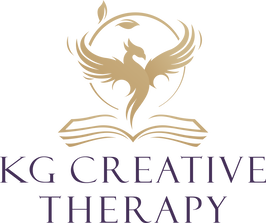

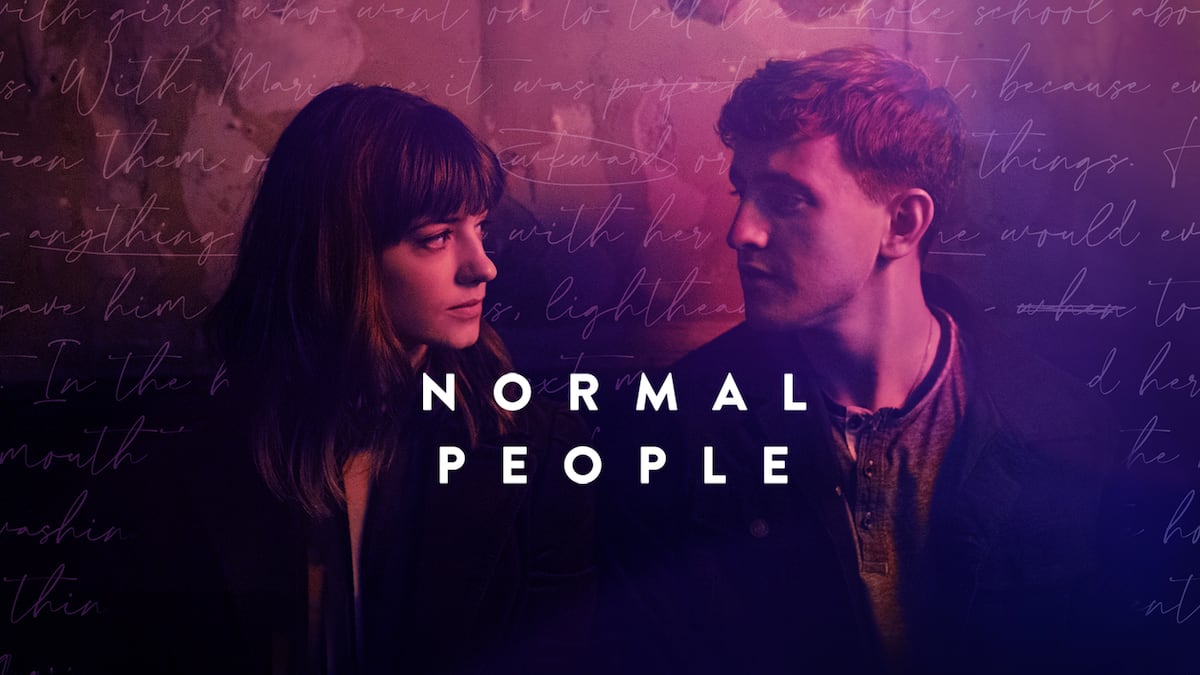
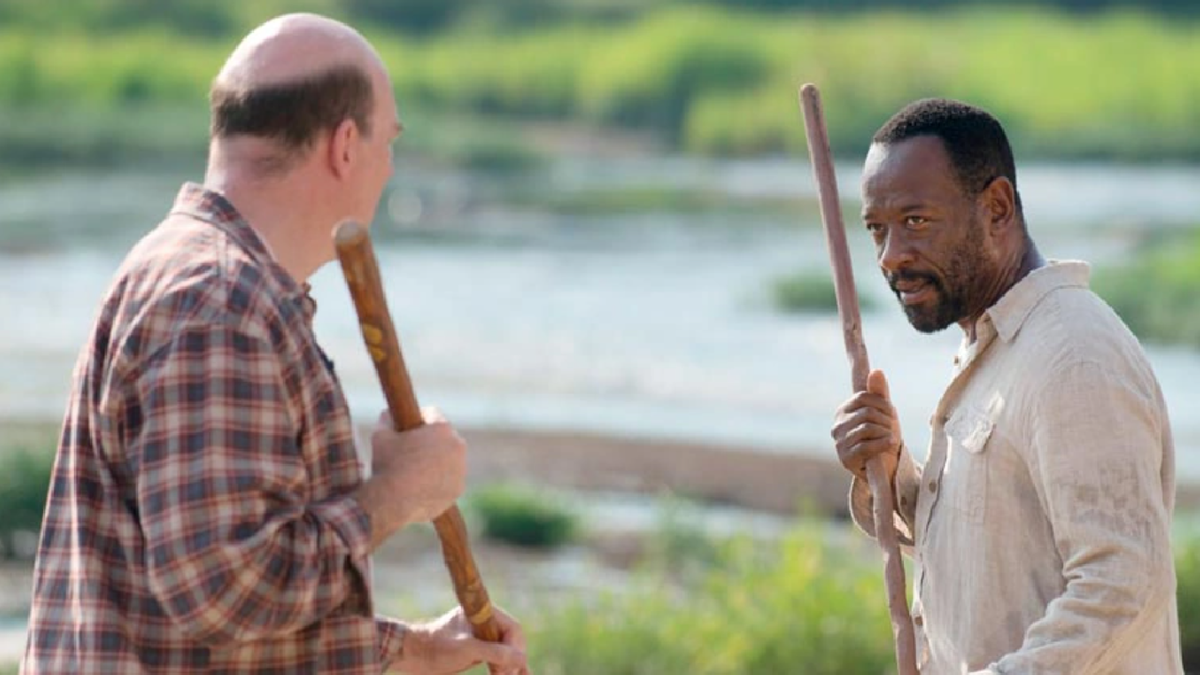
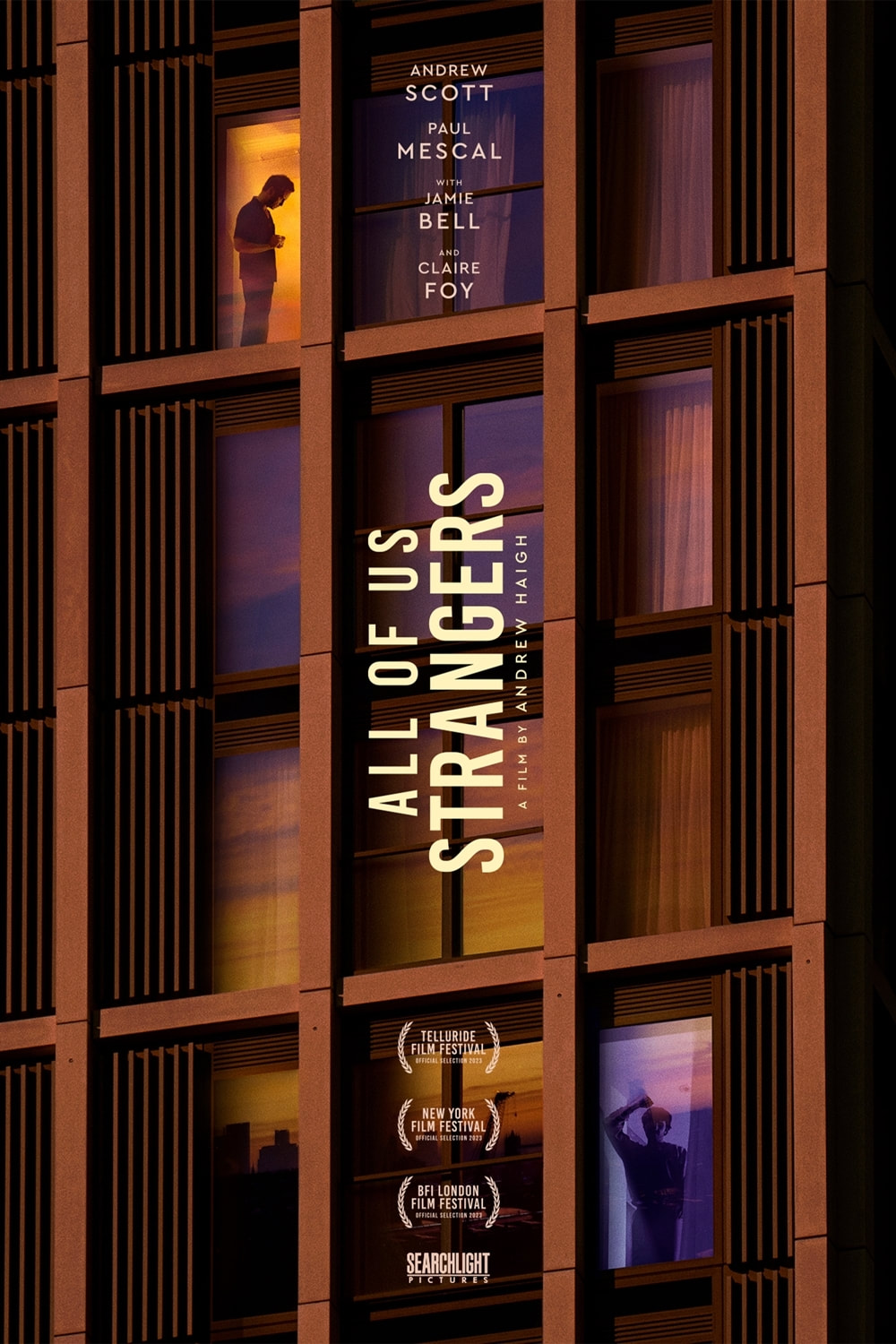
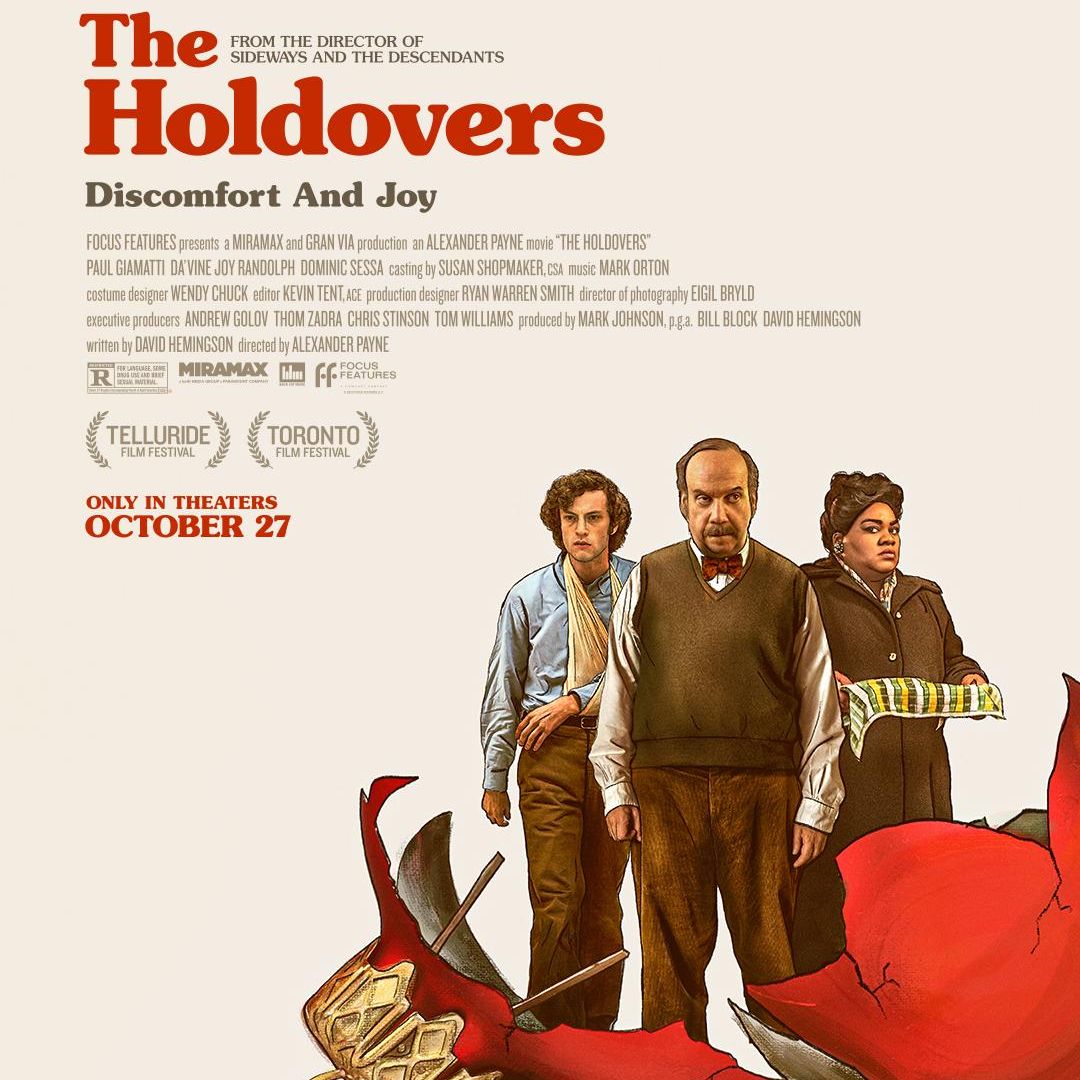
 RSS Feed
RSS Feed

